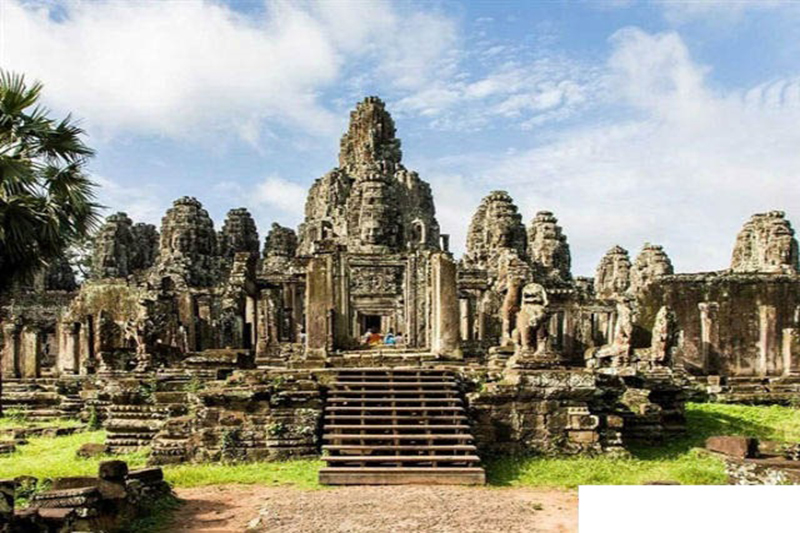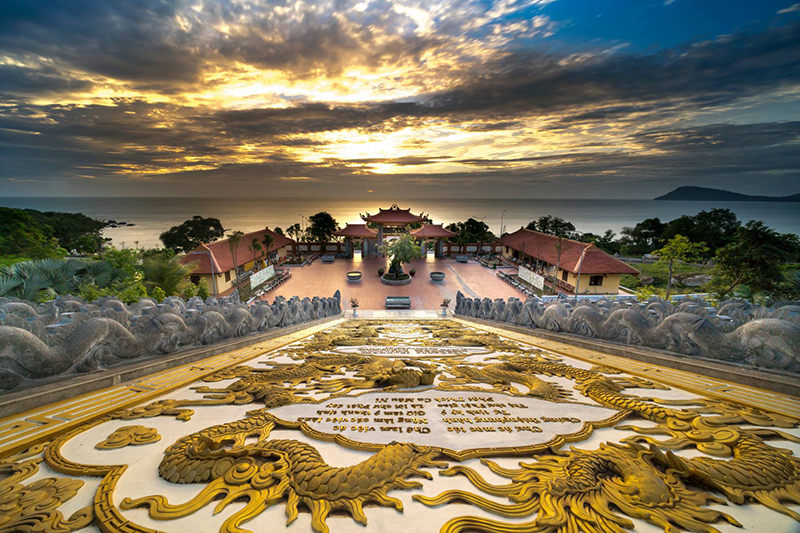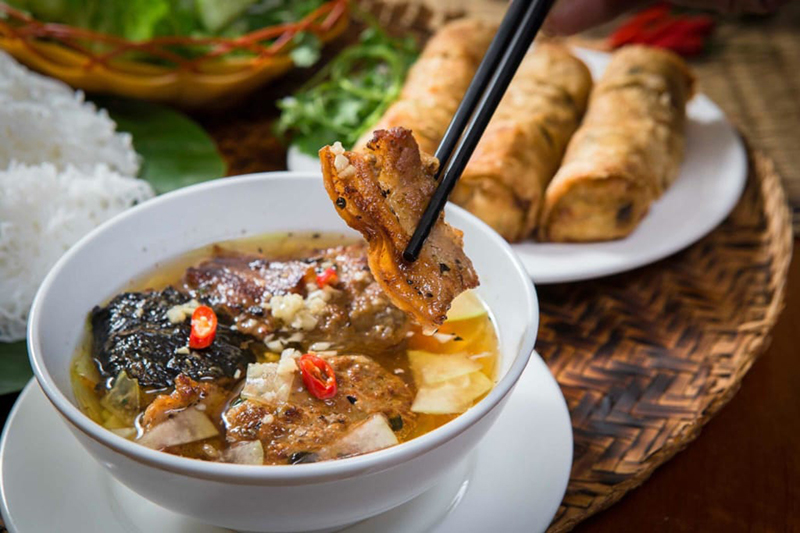-

Booking Tips for Hotels in Vietnam: What Every Traveler Should Know
-
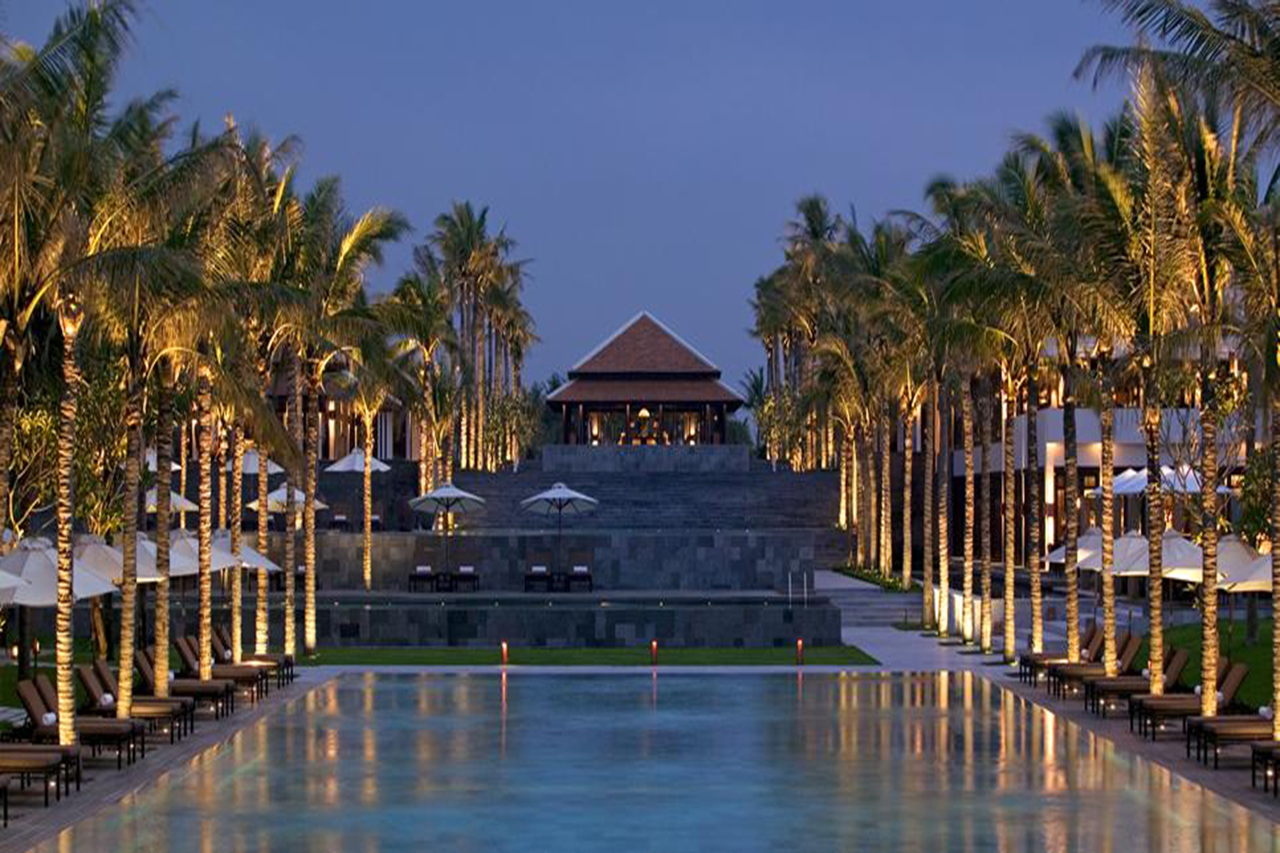
Exploring Local Culture Through Your Hotel Stay in Vietnam
-

Family-Friendly Hotels in Vietnam: Comfort for All Ages
-
.png)
Vietnamese Design Meets Global Comfort: Aesthetic Trends in Hotels
-
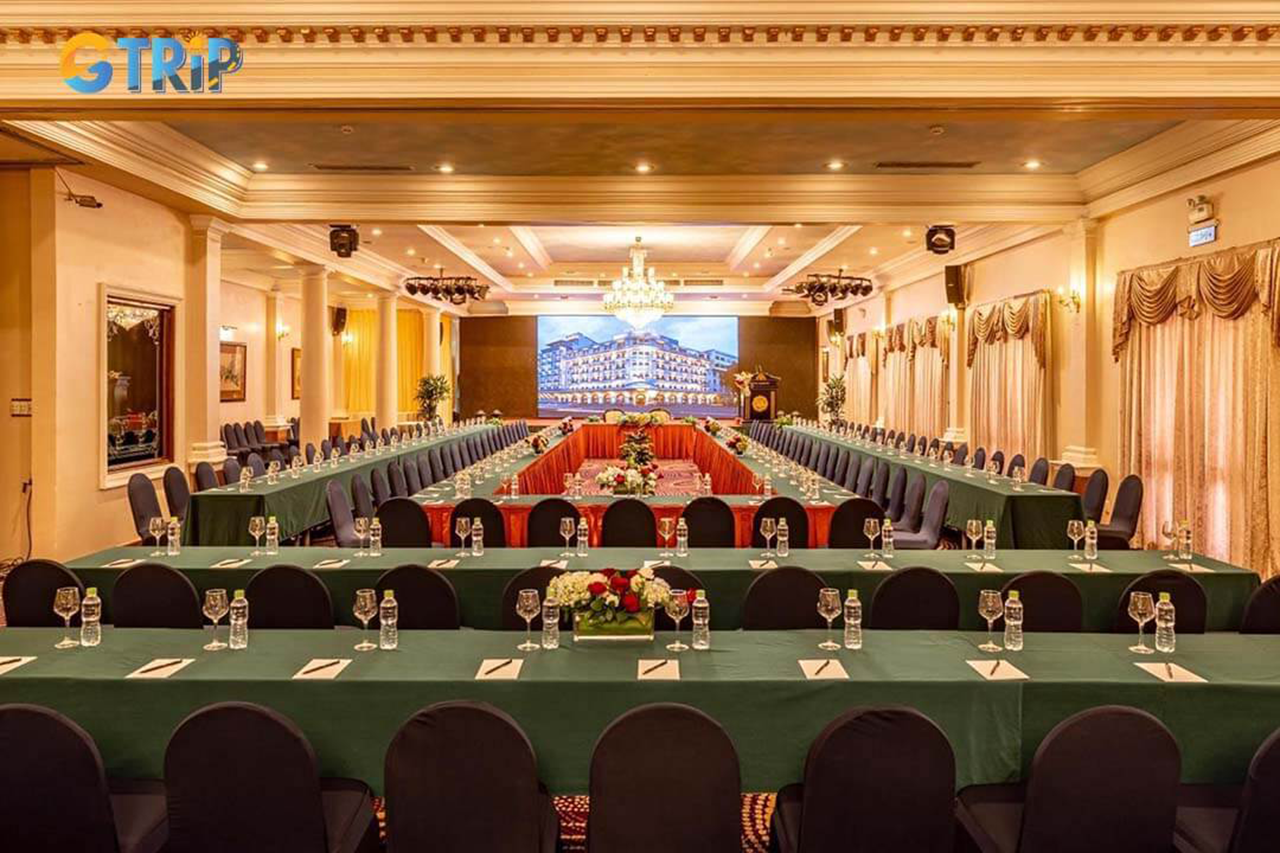
Business Travel in Vietnam: Hotels That Understand the Modern Professional
Eco-Friendly Hotels in Vietnam: A Sustainable Shift
1. A Green Awakening in Vietnamese Hospitality
As global travelers grow more conscious about their environmental footprint, the demand for eco-friendly accommodation is rising sharply—and Vietnam is listening. From the misty highlands of Ha Giang to the sun-drenched shores of Phu Quoc, hotels across the country are increasingly integrating sustainability into their operations, design, and guest experiences. This green shift reflects a new philosophy: that luxury and responsibility can go hand-in-hand.
2. Defining Eco-Friendly Hotels
Eco-friendly hotels in Vietnam come in many forms—from upscale beach resorts to rustic ecolodges. What unites them is a commitment to reducing environmental impact, supporting local communities, and offering meaningful, low-impact travel.
Common features include:
-
Use of renewable energy sources
-
Water-saving fixtures and greywater recycling
-
Natural ventilation and lighting
-
Organic gardens and sustainable food sourcing
-
Waste reduction and plastic-free initiatives
-
Support for local artisans and environmental education
These properties aim to preserve the very landscapes and cultures that make Vietnam so unique.
3. Leading Green Properties in Vietnam
Several Vietnamese hotels and resorts have become pioneers in sustainability:
-
Six Senses Ninh Van Bay (Khanh Hoa): Known for its zero-waste philosophy, organic gardens, and coral reef conservation programs.
-
Topas Ecolodge (Sapa): Perched in the Hoang Lien Mountains, it uses solar energy, avoids single-use plastics, and supports local ethnic communities.
-
An Lam Retreats (Ninh Van Bay & Saigon): Blending nature, bamboo architecture, and reforestation programs.
-
Vedana Lagoon Resort (Hue): Built over a serene lagoon, it uses eco-materials, limits car traffic, and promotes wellness through nature.
These examples serve as blueprints for the next generation of sustainable hospitality.
4. Local Materials, Natural Designs
Eco-hotels in Vietnam often incorporate traditional materials such as bamboo, rattan, clay, and stone—not only for aesthetics but also for energy efficiency. These natural elements help regulate temperature and reduce the need for air conditioning.
Design principles emphasize:
-
Open spaces and cross-ventilation
-
Reuse of reclaimed wood and materials
-
Minimalist interiors that connect guests with the surrounding landscape
Such designs foster serenity while minimizing environmental disturbance.
5. Plastic-Free and Waste Conscious
One of the most visible shifts in Vietnam's hotel industry is the move away from plastic. Many eco-hotels now provide:
-
Glass bottles instead of plastic ones
-
Bamboo toothbrushes and refillable soap dispensers
-
Composting programs for food waste
-
Recycling stations for guests
In some remote areas, hotels even participate in community clean-ups and waste education workshops.
6. Farm-to-Table Dining
Sustainability extends to the dining table. Many eco-resorts and hotels source ingredients from their own organic gardens or local farmers. This reduces transportation emissions, supports rural livelihoods, and ensures fresher meals for guests.
Typical practices include:
-
Seasonal menus based on harvests
-
Traditional cooking techniques that use less energy
-
Partnerships with ethical seafood suppliers
-
Vegan and vegetarian offerings to reduce meat-related carbon footprint
Guests are often invited to tour the garden, pick herbs, or join cooking classes—turning sustainability into an engaging experience.
7. Community Empowerment
Eco-friendly hotels in Vietnam are often deeply embedded in their local environments. This means:
-
Hiring local staff and offering fair wages
-
Partnering with cooperatives and ethnic minority groups
-
Offering homestay-style experiences with revenue sharing
-
Supporting education, clean water, or health projects in nearby villages
When you stay at one of these properties, your travel dollars help sustain communities, not just corporations.
8. Nature Conservation and Biodiversity
Several Vietnamese hotels participate directly in conservation efforts, such as:
-
Forest preservation and tree planting
-
Wildlife monitoring and protection programs
-
Beach cleanups and marine debris removal
-
Guest education on local ecosystems
Some properties even donate a portion of revenue to NGOs or national park funds.
9. Educating the Traveler
Sustainability is most powerful when shared. Many eco-hotels provide:
-
In-room guides on reducing energy use
-
Workshops on recycling and upcycling
-
Cultural briefings to encourage respectful behavior
-
Opportunities for guests to volunteer in local projects
Rather than guilt guests into compliance, they gently guide them to more conscious choices.
10. The Future is Regenerative
Vietnam’s eco-friendly hotels are not just about reducing harm—they are embracing regeneration. This means restoring land, empowering people, and reimagining the hotel as a hub of ecological healing.
As climate change and over-tourism challenge Southeast Asia’s beauty, Vietnam is stepping up with a sustainable model that could inspire the region. The next time you book a hotel in Vietnam, consider choosing one that not only offers a beautiful stay but also contributes to a more beautiful future.
Because when travel gives back more than it takes, everyone wins.
Related articles

